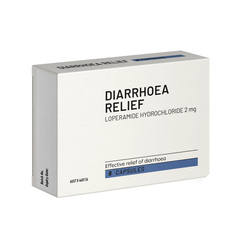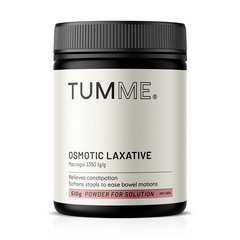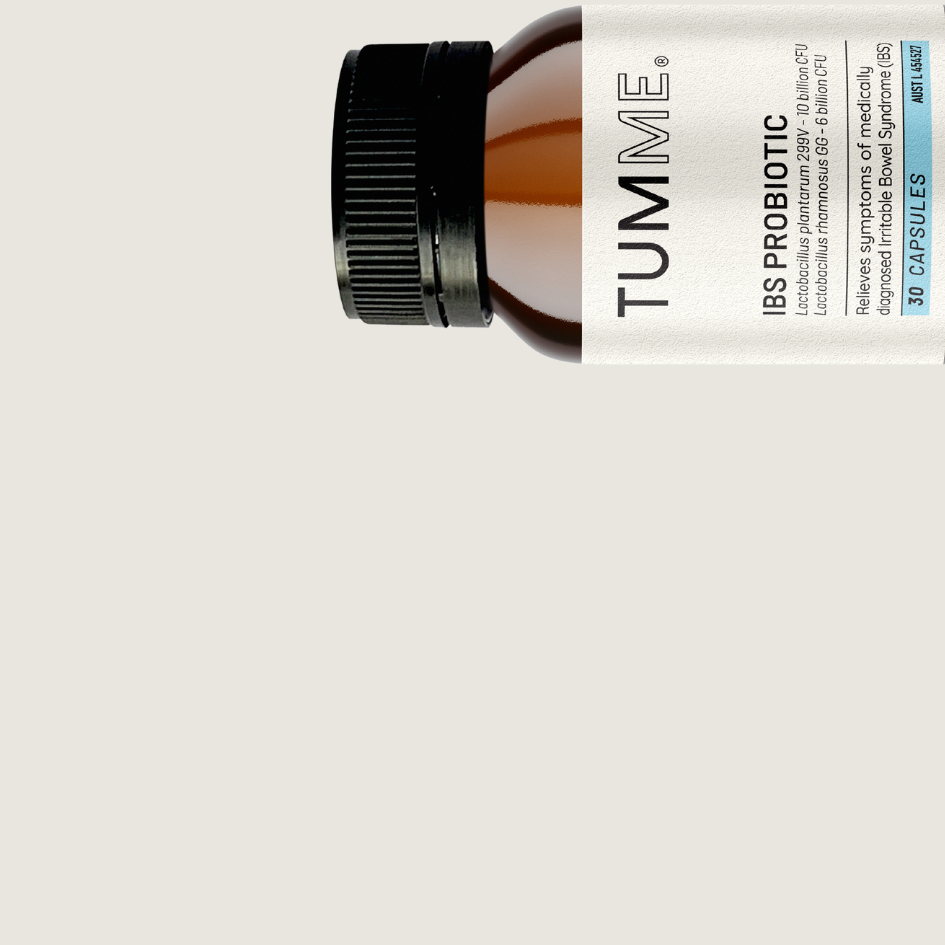Why it’s gentle but powerful
Fibre is essential to digestive health, but not all fibres are created equal, especially when your gut is more sensitive than most. Whether you’re living with irritable bowel syndrome (IBS), experiencing occasional bloating or constipation, or simply trying to support more regular gut function, the right type of fibre can make a world of difference.
Enter sterculia, a non-fermentable, gel-forming fibre that delivers results without triggering discomfort. While it’s not as widely known as other fibres, it’s backed by solid research and is gaining recognition as a powerful, gut-friendly option for people who need something gentle yet effective.
Why fibre function matters more than fibre type
In the past, fibre was often classified as either soluble or insoluble. But that distinction alone isn’t enough to predict how a fibre will behave in the gut. What really matters is its functional characteristics like how it interacts with water, whether it ferments, and whether it supports or disrupts normal movement.
This is especially important if you have a sensitive gut. Minimally fermentable bulking fibres, like sterculia, tend to be best tolerated. They help regulate stool consistency and bowel habits while avoiding the fermentation that often causes bloating and discomfort.

Sterculia compared to other commonly used fibres
Here’s how sterculia stacks up against two well-known options.
Psyllium husk
Psyllium (Metamucil) is a semi-soluble fibre that forms a thick gel and is commonly used to treat constipation. It’s moderately fermentable, which means it can produce gas and bloating in people with sensitive guts. It also expands quickly in the bowel, which may lead to a feeling of heaviness or discomfort.
PHGG (Partially Hydrolysed Guar Gum)
PHGG is a fermentable fibre that acts as a prebiotic. It supports microbial diversity and stool regularity, but because it feeds gut bacteria, it can generate gas and bloating in people who are prone to those symptoms.
Sterculia
Sterculia is a non-fermentable, soluble fibre that forms a soft, bulky gel in the bowel. Because it does not feed gut bacteria, it doesn’t produce gas, making it ideal for people with bloating or abdominal sensitivity. It helps soften hard stools and bulk up loose ones, making it useful for a wide range of gut challenges including constipation, diarrhoea, and irregularity.
Gentle on symptoms, strong on support
Research shows that non-fermentable bulking fibres can help regulate bowel habits without triggering common side effects like bloating or urgency. Sterculia absorbs water in the bowel to create bulk and softness, supporting natural movement through the gut. It does this without overstimulating the bowel or feeding bacteria that can cause gas and bloating.
Sterculia may be especially helpful for people who experience:
- Constipation or incomplete evacuation
- Loose or poorly formed stools
- Bloating or discomfort when using other fibres
- Sensitivity to fermentable foods or supplements
It’s also well suited for people following a low FODMAP diet or other restrictive protocols where fibre intake may otherwise be reduced.
What about gut bacteria?
Sterculia isn’t a prebiotic, so it doesn’t feed your gut microbiota. But that’s actually part of its strength. For people focusing on symptom control, avoiding fermentation can be an important strategy.
That said, long-term gut health still depends on building microbial diversity. This comes primarily from dietary fibre found in plant-based foods such as legumes, whole grains, vegetables, fruits, nuts, and seeds. Many of these foods, however, are high in FODMAPs and can be difficult to tolerate with a sensitive gut.
This is why working with a gastrointestinal-trained dietitian (like those at the Mind + Gut Clinic) is so valuable. They can help you slowly reintroduce prebiotic-rich foods in a way that suits your digestive system. In the meantime, sterculia offers a predictable, well-tolerated fibre option that supports regularity and comfort.
The takeaway
Sterculia fibre is one of the most effective and well-tolerated fibres available for people with gut sensitivity.
- It helps support comfortable, regular bowel movements
- It avoids the bloating and gas often caused by fermentable fibres
- It works gently and predictably, without harsh stimulation
- It fits into most dietary approaches, including those that are low in FODMAPs
Whether you’re managing IBS or navigating other digestive concerns, sterculia offers reliable support and relief with no fuss, no discomfort, just results.
Dr Simone Peters (PhD)
Founder Mind + Gut Clinic | Co-Founder Nerva | Co-Founder TUMME






